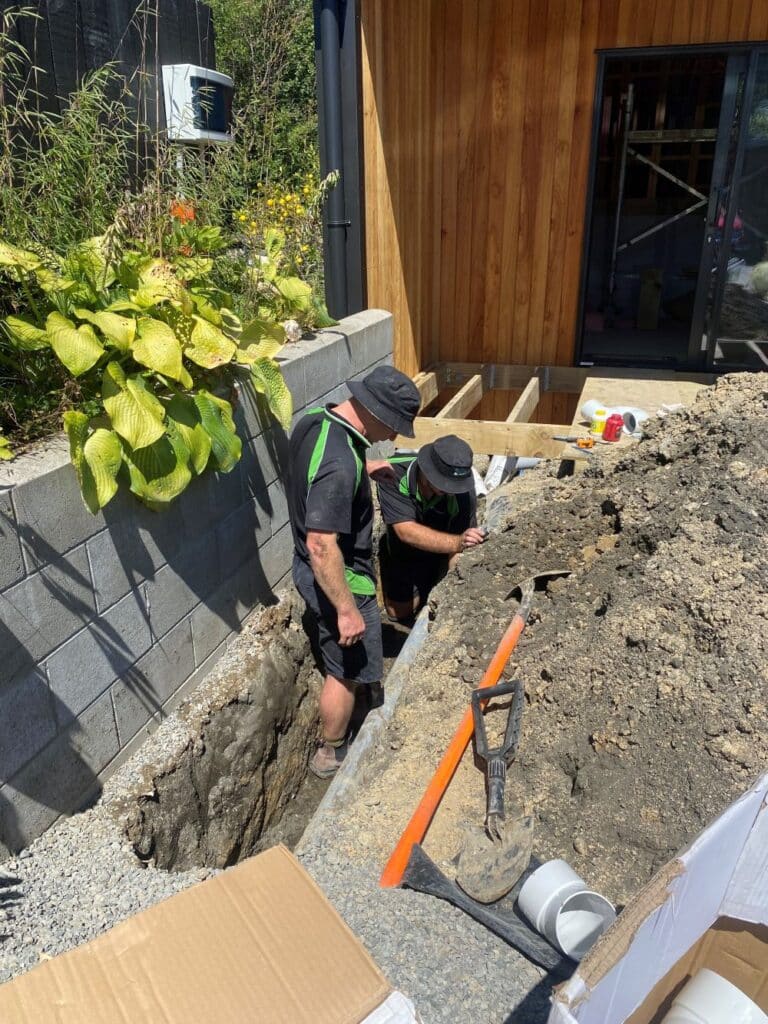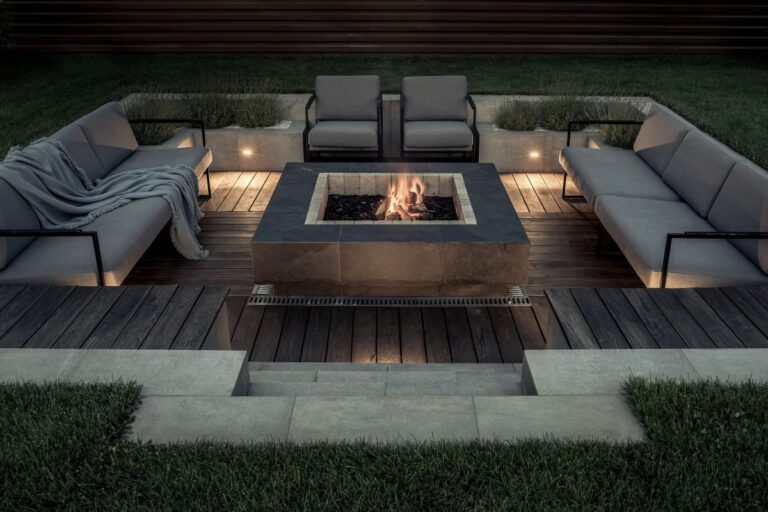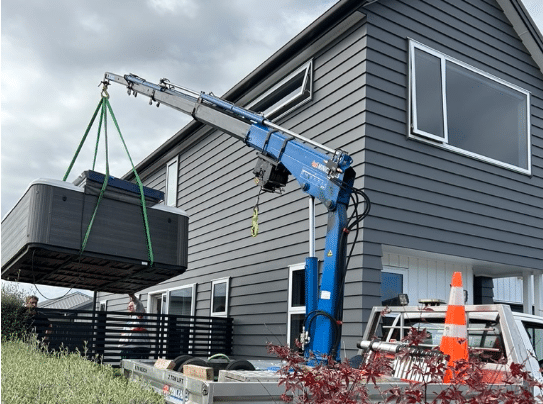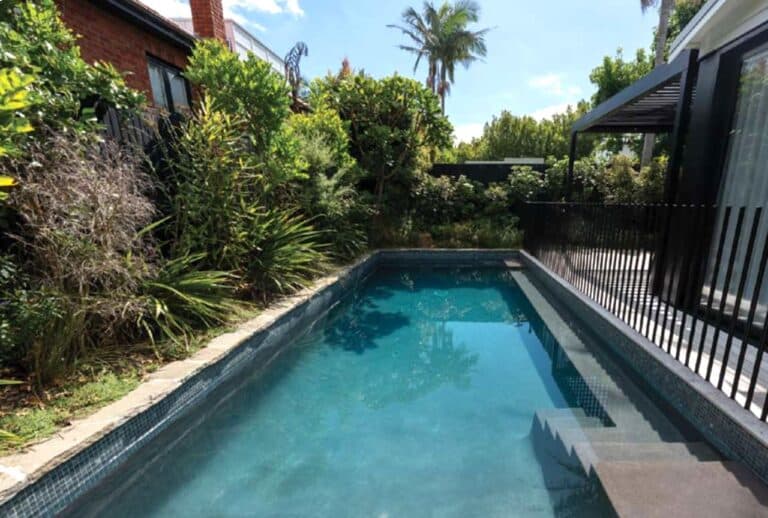Blocked drains in Wanganui are a common but frustrating household issue that can lead to slow-draining sinks, foul odours, and even costly repairs if left untreated. Understanding the causes of drain blockages, adopting regular maintenance habits, and taking proactive measures can save you time, money, and stress.
Whether you’re dealing with kitchen grease build-up, tree roots in outdoor drains, or seasonal issues caused by Wanganui’s climate, this guide will help you prevent blocked drains in your home and keep your plumbing running smoothly year-round.
Understanding Why Drains Get Blocked
Drains serve as an essential part of your home’s plumbing system, but they can easily become clogged due to daily use and environmental factors. Identifying the main causes of blocked drains in Wanganui is the first step in preventing them from happening.
The Common Causes of Blocked Drains in Wanganui
Build-up of Grease, Fat, and Oil
One of the biggest culprits behind blocked drains in Wanganui homes is grease, fat, and oil from cooking. When poured down the sink, these substances may appear harmless in liquid form, but as they cool, they solidify and stick to the inner walls of your pipes. Over time, this build-up narrows the passage for water to flow, leading to slow drainage and eventually a complete blockage. Even if you rinse with hot water, grease can still cling to pipes and accumulate over time.
Hair and Soap Residue in Bathroom Drains
Bathroom sinks, showers, and bathtubs frequently suffer from hair and soap build-up. Hair is notorious for tangling around pipe interiors, forming dense clumps that trap other debris. Meanwhile, soap residue, especially from bar soaps that contain fats and oils, creates a thick film on the inside of pipes, gradually restricting water flow. This combination makes bathroom drains particularly prone to blockages.
Tree Root Infiltration in Outdoor Drains
Outdoor drainage systems, particularly in older Wanganui properties, often suffer from tree root intrusion. Tree roots naturally seek out moisture and nutrients, and cracked or ageing pipes provide an entry point. Once inside, roots grow rapidly, obstructing water flow and eventually causing significant structural damage. Left unchecked, tree root blockages may require extensive plumbing work to resolve.
Foreign Objects (Wipes, Sanitary Products, Food Scraps)
Toilets and kitchen sinks are frequently misused as disposal units for non-degradable items such as wet wipes, nappies, sanitary products, and food scraps. Unlike toilet paper, which is designed to break down, these materials do not disintegrate easily and can form blockages deep within your drainage system. Even “flushable” wipes contribute to clogged drains, as they take longer to break down than regular toilet paper.
Structural Issues (Collapsed Pipes, Misaligned Joints)
In some cases, blocked drains in Wanganui homes are caused by underlying plumbing issues such as collapsed pipes, misaligned joints, or degraded infrastructure. Older homes with clay or metal pipes are particularly vulnerable to cracks and shifting over time. These issues restrict water flow and provide entry points for debris accumulation, requiring professional intervention for repair or replacement.
How Wanganui’s Climate and Environment Contribute to Blockages
High Rainfall and Stormwater Overload
Wanganui experiences periods of heavy rainfall, which can overwhelm drainage systems and increase the risk of blockages. Stormwater drains, designed to manage excess water, can quickly become clogged with debris, silt, and leaves, preventing proper water flow and leading to localised flooding around homes and streets.
Leaf and Debris Accumulation in Outdoor Drains
During autumn and winter, falling leaves, twigs, and organic debris accumulate in gutters and outdoor drains. Without regular cleaning, these materials form blockages that restrict the natural flow of water, leading to overflow and potential damage to your home’s foundations or exterior walls.
Older Drainage Infrastructure in Some Wanganui Suburbs
Certain areas of Wanganui have older plumbing systems that are more susceptible to drainage issues. Many older homes still rely on outdated clay or metal pipes, which degrade over time, increasing the risk of structural damage and blockages. Modern PVC pipes offer improved durability, but replacing an entire drainage system can be costly, making regular maintenance essential.
Proactive Drain Maintenance: The Best Defence Against Blockages
Preventing blocked drains in Wanganui requires a proactive approach to maintenance. By incorporating regular cleaning habits and routine inspections, you can significantly reduce the likelihood of encountering serious drainage problems.
Regular Drain Cleaning: How Often Should You Do It?
Routine drain cleaning is crucial for preventing blockages before they become a major issue.
- Weekly: Flush drains with hot water to remove minor build-ups of grease and soap.
- Monthly: Use a mixture of baking soda and vinegar to break down organic debris in sink and shower drains.
- Yearly: Schedule a professional drain inspection to identify potential issues before they escalate.
What You Can Do Yourself vs. What Needs Professional Attention
While basic maintenance such as drain flushing and debris removal can be done by homeowners, more complex issues like tree root intrusion or collapsed pipes require professional expertise. If you notice recurring blockages despite regular cleaning, it may be time to call in a specialist for a thorough assessment.
The Importance of a Drain Health Check
Signs Your Drains Need a Professional Inspection
If you experience slow drainage, frequent backups, or unpleasant odours from your sinks, it could indicate a more serious issue developing within your pipes. Ignoring these signs can lead to major blockages, requiring expensive repairs down the track.
How CCTV Drain Inspections Can Detect Hidden Problems
Modern plumbing professionals use CCTV drain inspections to assess the condition of underground pipes. This technology allows for a non-invasive diagnosis of blockages, cracks, and root intrusion, providing homeowners with a clear plan for maintenance or repairs.
Why Gutter and Downpipe Maintenance Matters
The Connection Between Roof Drainage and Blockages
Blocked gutters and downpipes can lead to overflowing water that seeps into your home’s foundation or walls. Keeping these drainage channels clear ensures stormwater is properly directed away from your property, preventing excess moisture build-up and structural damage.
How to Safely Clean Gutters and Downpipes
To prevent blockages, clean gutters at least twice a year, removing leaves and debris. Installing gutter guards can reduce maintenance while ensuring proper water flow during heavy rain.
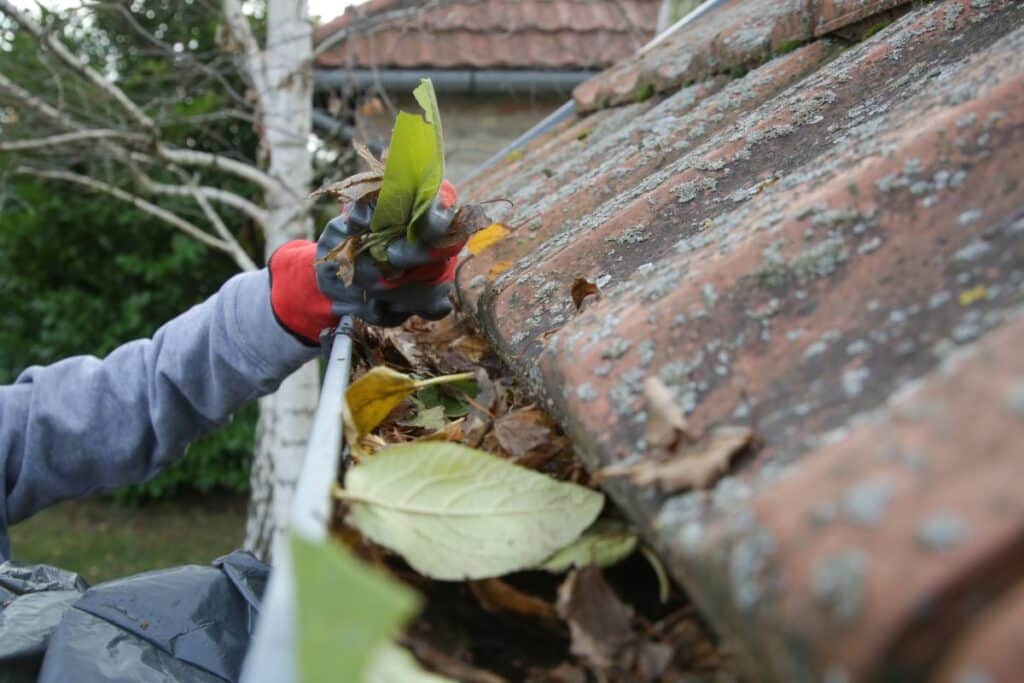
Kitchen Drain Care: Keeping Fat, Grease, and Food Scraps Out
Blocked drains in Wanganui kitchens are often caused by improper waste disposal habits. Over time, food scraps, grease, and other organic materials build up in pipes, reducing water flow and leading to stubborn clogs. By following a few simple preventative measures, you can keep your kitchen drains clear and functioning efficiently.
The Impact of Cooking Oils and Grease on Your Drains
Why Pouring Oil Down the Sink Is a Bad Idea
Many homeowners unknowingly contribute to blocked drains in Wanganui by pouring cooking oil, grease, and fats down the sink. While these substances may appear harmless in liquid form, they quickly cool and solidify inside pipes, forming a sticky residue that traps other debris. Over time, this build-up leads to slow drainage, unpleasant smells, and eventually a complete blockage. Even using hot water to flush grease away only provides a temporary fix, as the grease will solidify further down the pipe.
Safe Ways to Dispose of Used Cooking Oil
Instead of pouring oil down the sink, allow it to cool before transferring it into a sealed container. This can then be disposed of in the rubbish or taken to a recycling facility that processes used cooking oils. Another option is to mix small amounts of oil with absorbent materials like coffee grounds or paper towels before disposal. If you frequently cook with oil, consider investing in a grease trap or oil collection system to prevent build-up in your plumbing.
Best Practices for Keeping Your Kitchen Drain Clear
Using Sink Strainers to Catch Food Scraps
A simple yet effective way to prevent blocked drains in Wanganui kitchens is to install sink strainers. These mesh filters trap food scraps, preventing them from entering the drain while still allowing water to flow freely. Regularly emptying and cleaning the strainer ensures optimal performance and helps reduce unpleasant odours.
The Role of Hot Water Flushing in Drain Maintenance
Flushing your kitchen sink with hot water once a week can help dissolve minor grease build-up before it hardens into a blockage. For best results, boil a kettle and slowly pour the hot water down the drain, followed by a small amount of dish soap to help break down grease. However, this method should not be relied upon as a solution for significant grease build-up.
Natural Drain Cleaning Methods: Baking Soda and Vinegar
Instead of using harsh chemical drain cleaners, a mixture of baking soda and vinegar can help keep your drains clear. Pour half a cup of baking soda into the drain, followed by half a cup of vinegar. Let the mixture sit for 10–15 minutes before flushing it away with hot water. This reaction helps break down grease, soap scum, and minor food residue without damaging your pipes.
Bathroom Drain Maintenance: Preventing Hair, Soap, and Product Build-Up
Blocked drains in Wanganui bathrooms are often caused by a combination of hair, soap residue, and beauty products. These substances accumulate over time, leading to slow drainage and foul smells. Regular maintenance and preventative measures can help keep bathroom drains clear.
How to Stop Hair Clogging Your Shower and Sink Drains
The Benefits of Drain Guards and Hair Catchers
One of the most effective ways to prevent hair from clogging bathroom drains is to use drain guards or hair catchers. These simple devices fit over your drain, trapping hair and debris before they enter the plumbing system. Regularly cleaning these catchers prevents build-up and ensures water flows freely.
Simple Habits to Reduce Hair Accumulation in Drains
To minimise hair blockages, brush your hair before showering to remove loose strands. Additionally, avoid washing excessive amounts of hair down the sink while shaving. For long-term prevention, periodically use a drain snake or hook to remove hair from pipes before it accumulates.
Choosing the Right Cleaning Products for Your Bathroom Drains
Why Chemical Drain Cleaners Can Do More Harm Than Good
While chemical drain cleaners may provide a quick fix for slow drains, they often do more harm than good. These products contain harsh chemicals that can corrode pipes, particularly in older homes with metal plumbing. Overuse of chemical cleaners can also kill beneficial bacteria in your drainage system, leading to further blockages and plumbing issues.
Eco-Friendly Alternatives That Won’t Damage Your Pipes
For a safer alternative, opt for natural cleaning solutions such as baking soda and vinegar. Enzyme-based drain cleaners are also available, using natural bacteria to break down organic matter without damaging your pipes. Regular use of these alternatives helps maintain clear drains without the risk of long-term damage.
Outdoor Drains and Stormwater Management in Wanganui
Outdoor drains are just as susceptible to blockages as indoor plumbing. Wanganui’s weather, tree coverage, and soil conditions can all contribute to clogged stormwater systems. Preventative maintenance is key to ensuring outdoor drains remain functional.
Keeping Garden Waste Out of Your Drainage System
The Impact of Leaves, Soil, and Mulch on Outdoor Drains
During autumn and winter, fallen leaves, twigs, and soil can accumulate in outdoor drains, restricting water flow. This leads to flooding, water pooling, and potential damage to your property. Keeping garden waste away from drains is essential to prevent blockages.
How to Use Drain Covers and Screens Effectively
Installing drain covers or mesh screens over outdoor drains can significantly reduce the amount of debris that enters your drainage system. These barriers allow water to pass through while trapping leaves and dirt, making it easier to clean and maintain drains regularly.
Preventing Tree Root Intrusion in Your Pipes
Why Tree Roots Target Drains
Tree roots naturally seek out moisture, making underground pipes an attractive water source. Once roots infiltrate a pipe, they grow rapidly, leading to severe blockages and pipe damage. This is a common issue in Wanganui’s older suburbs, where clay pipes are more susceptible to cracks.
How to Plant Trees Safely Away from Drain Lines
When landscaping your property, avoid planting trees too close to underground drainage pipes. Research tree species with non-invasive root systems, and consult with a professional to ensure safe planting distances.
When to Get a Professional Drain Inspection for Root Damage
If you notice slow drainage, gurgling noises, or sinkholes forming near your drains, tree roots may be the cause. A professional drain inspection using CCTV technology can identify the extent of the problem and determine the best course of action, such as hydro jetting or pipe relining.
What to Do If You Suspect a Drain Blockage
Even with regular maintenance, blocked drains in Wanganui can still occur. Recognising the warning signs early and taking swift action can prevent further damage.
Early Warning Signs of a Blocked Drain
Slow Drainage and Gurgling Sounds
If water drains slowly from sinks, showers, or outdoor drains, this is a clear sign of a blockage forming. Gurgling sounds indicate trapped air in the pipes, suggesting restricted water flow.
Unpleasant Odours Coming from Sinks and Drains
A foul smell from your drains often means organic matter is decomposing inside the pipes. This is particularly common in kitchen sinks where food particles get trapped.
Water Pooling in Outdoor Areas
If water collects around outdoor drains or in your garden after heavy rain, your stormwater system may be blocked. Regular clearing of outdoor drains can help prevent this issue.
Final Tips for Long-Term Drain Health
- Schedule regular plumbing check-ups to catch potential issues early.
- Educate family members on what should and shouldn’t go down drains.
- Invest in quality drain covers for both indoor and outdoor drains.
- Stay proactive with seasonal maintenance to keep drains flowing freely.
By following these steps, you can prevent blocked drains in Wanganui and maintain a trouble-free plumbing system. If you ever experience persistent blockages, don’t hesitate to contact a professional drain unblocking service for expert assistance.
